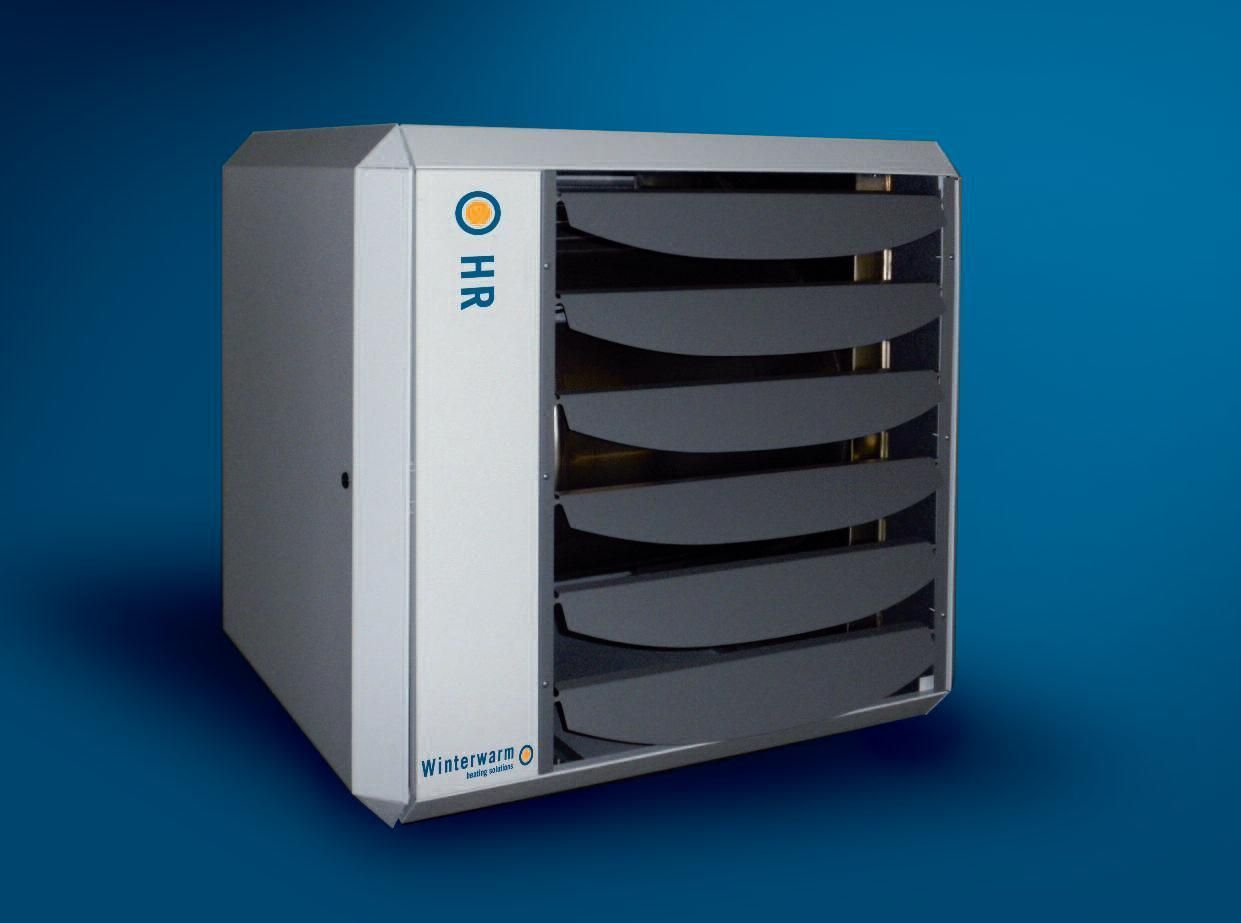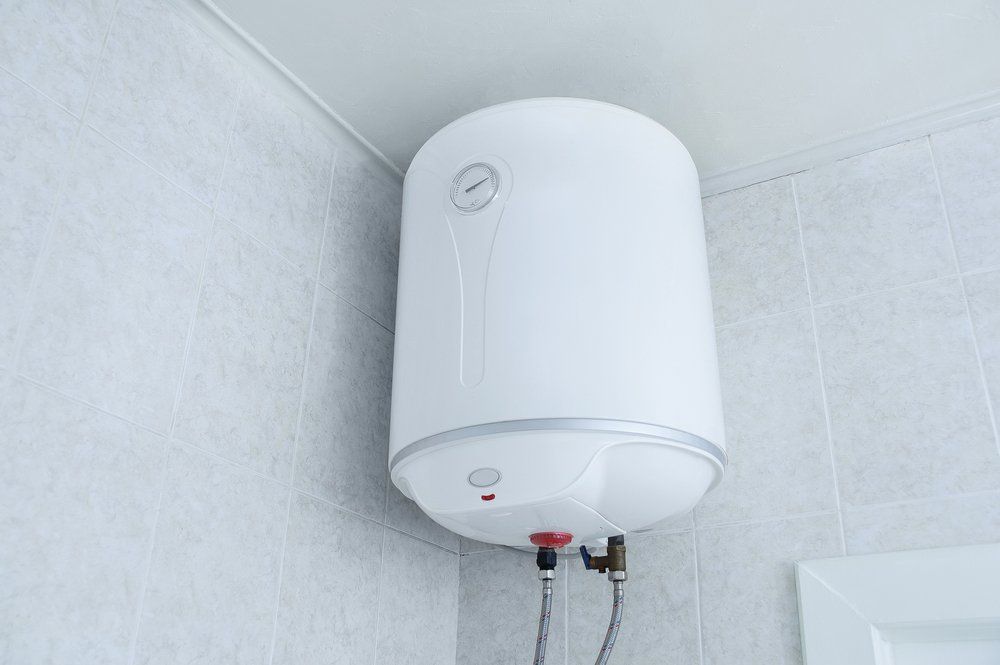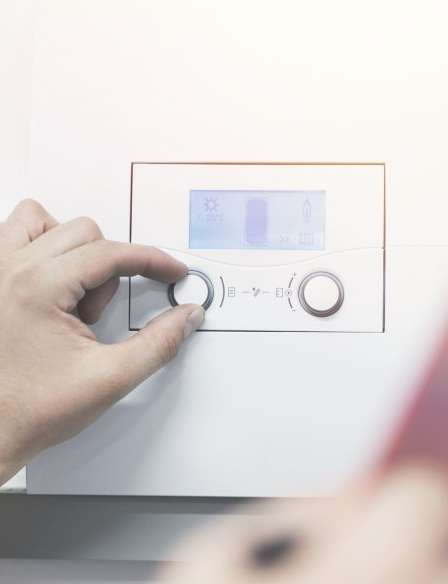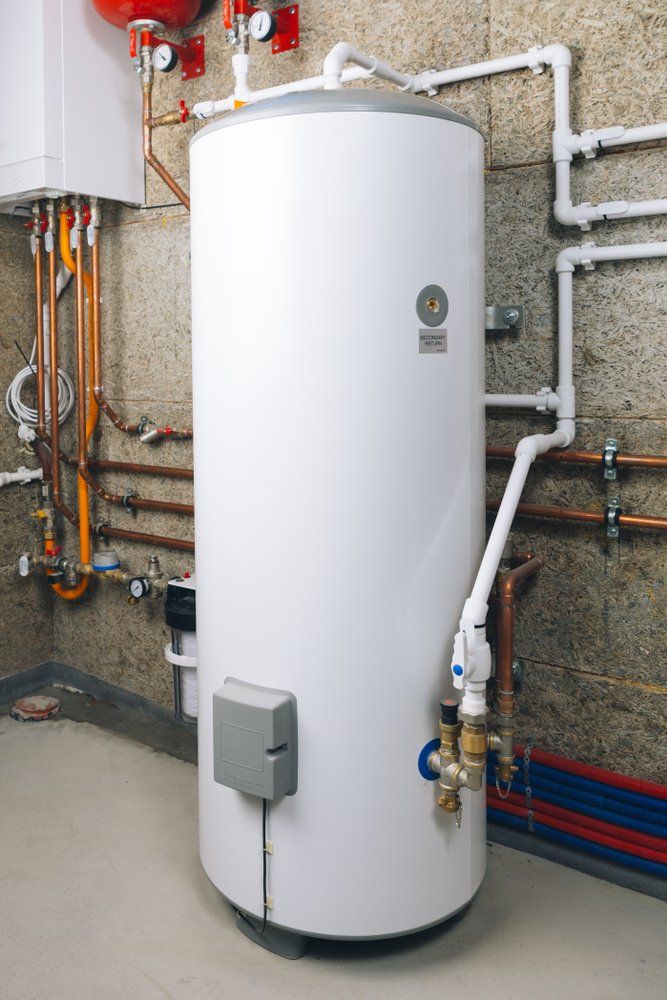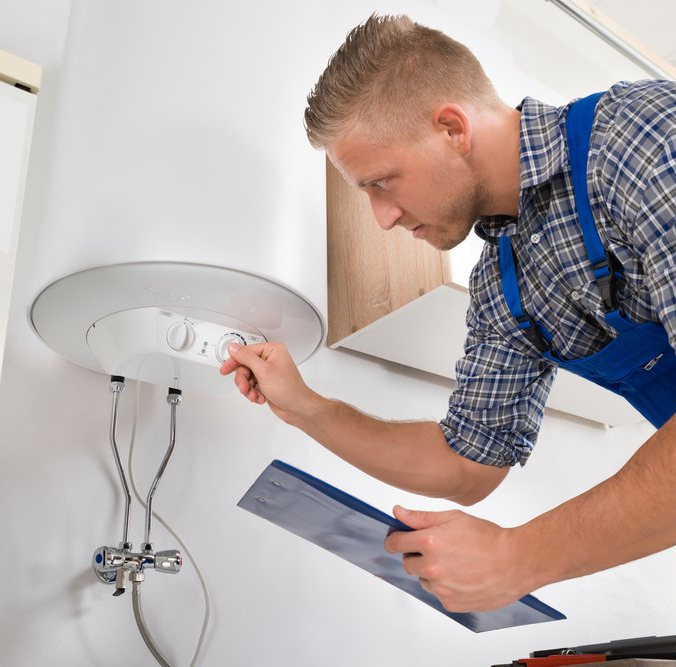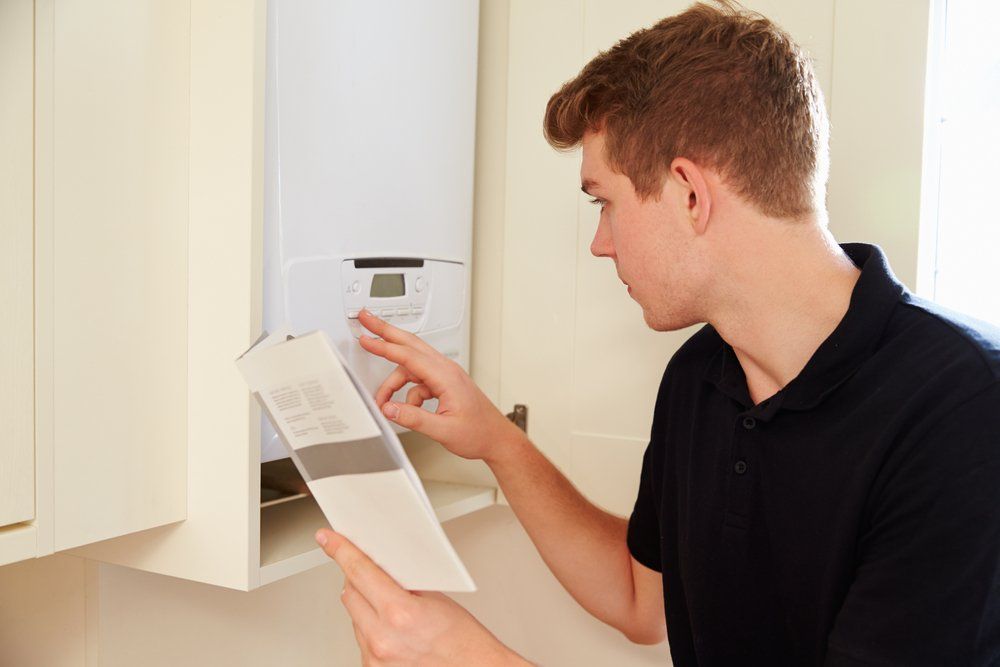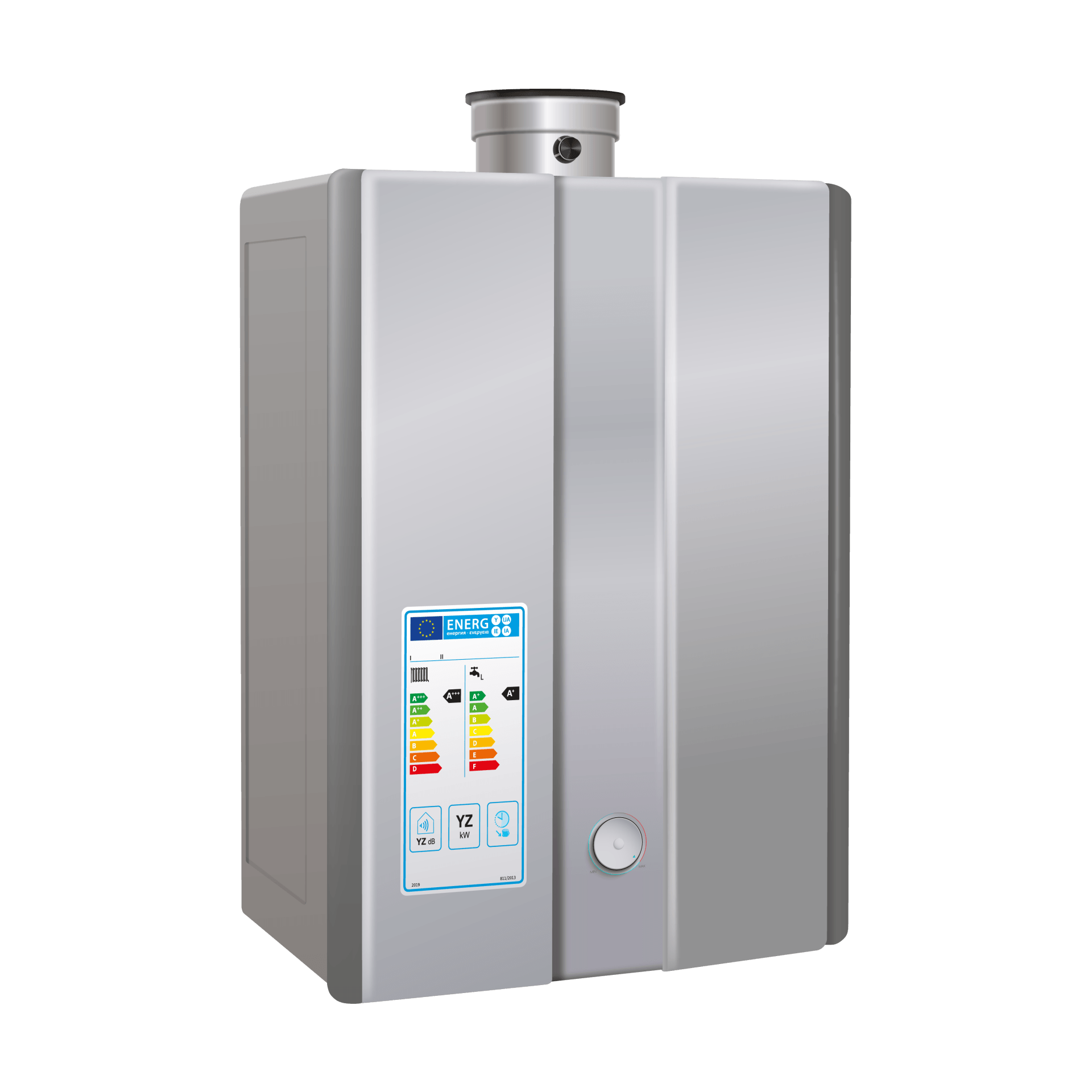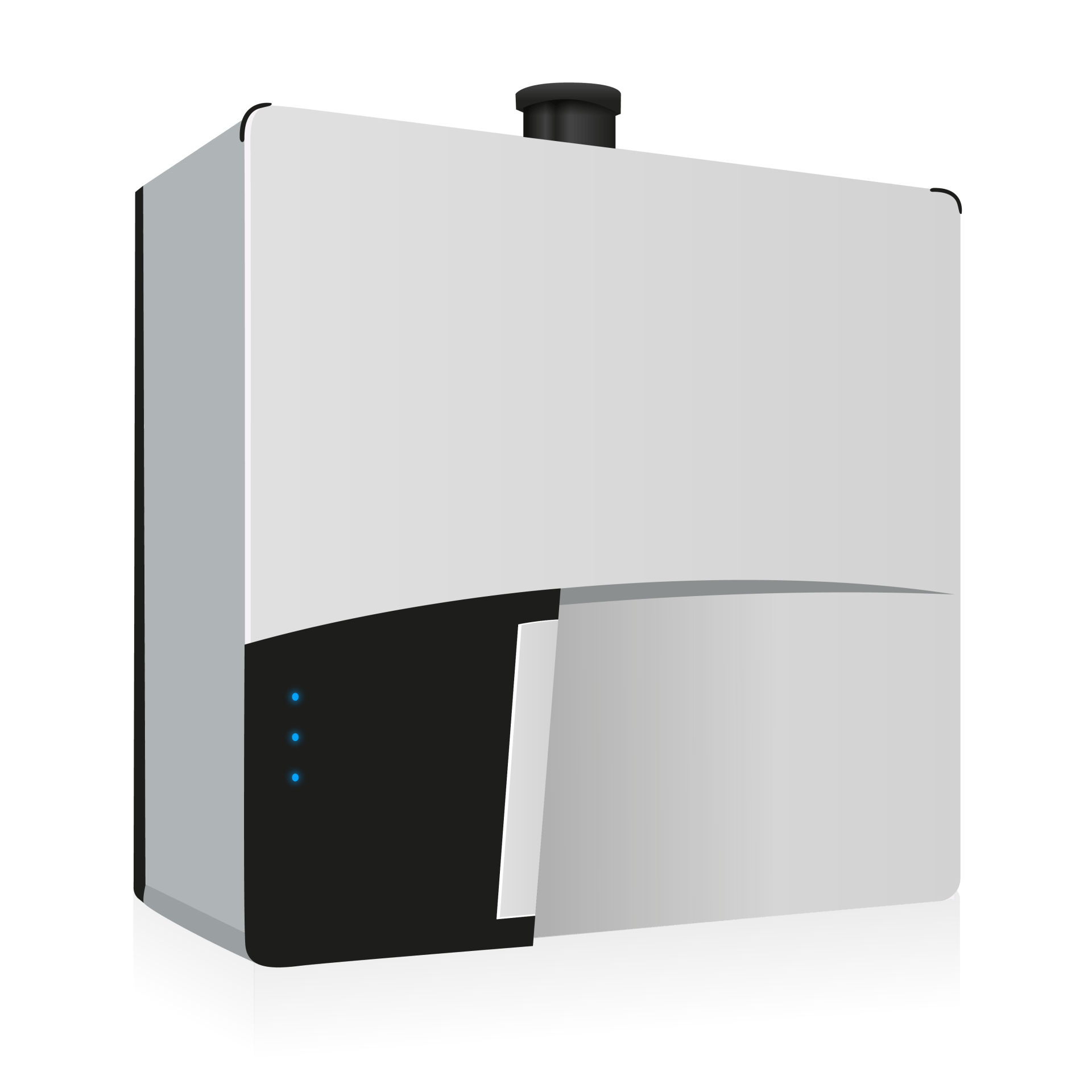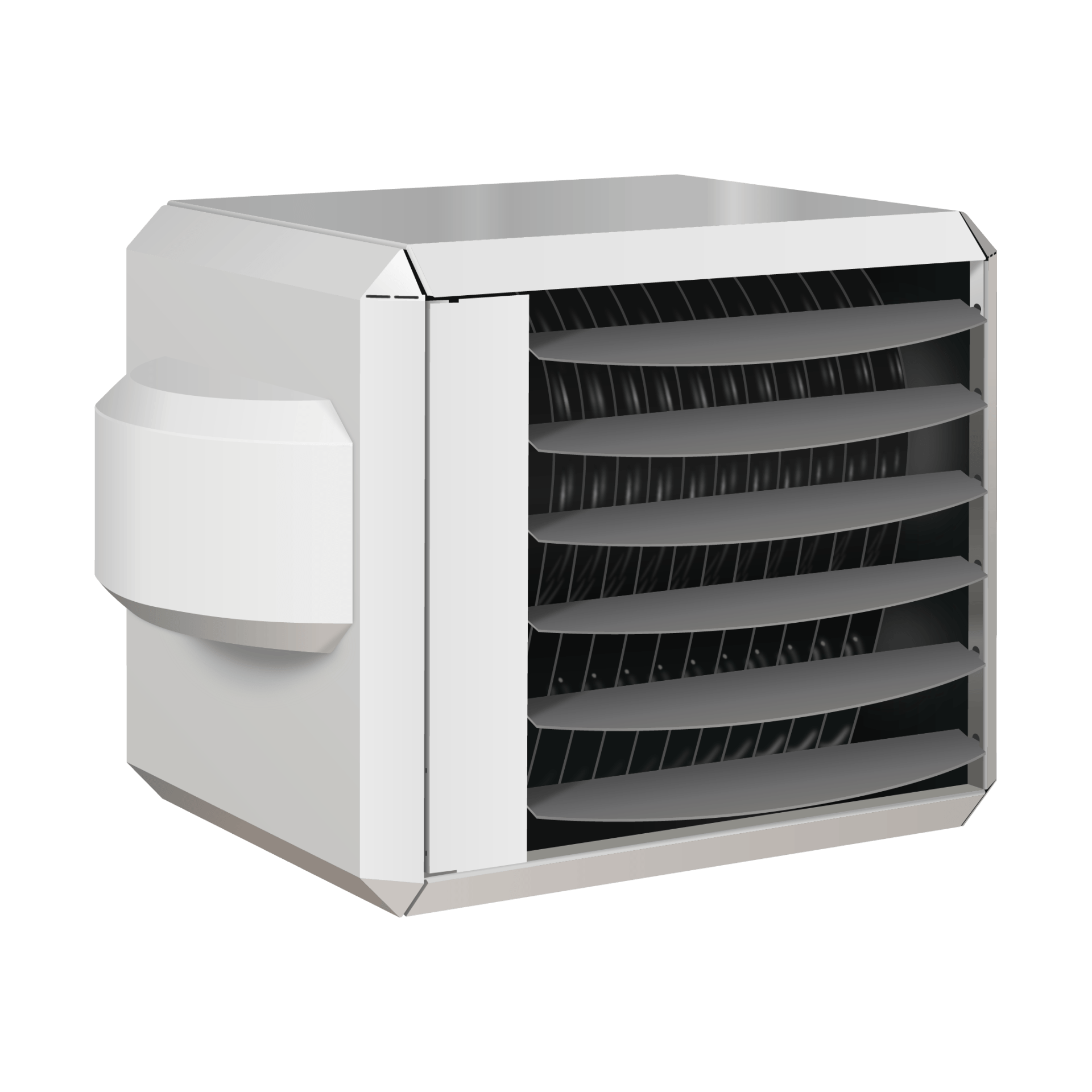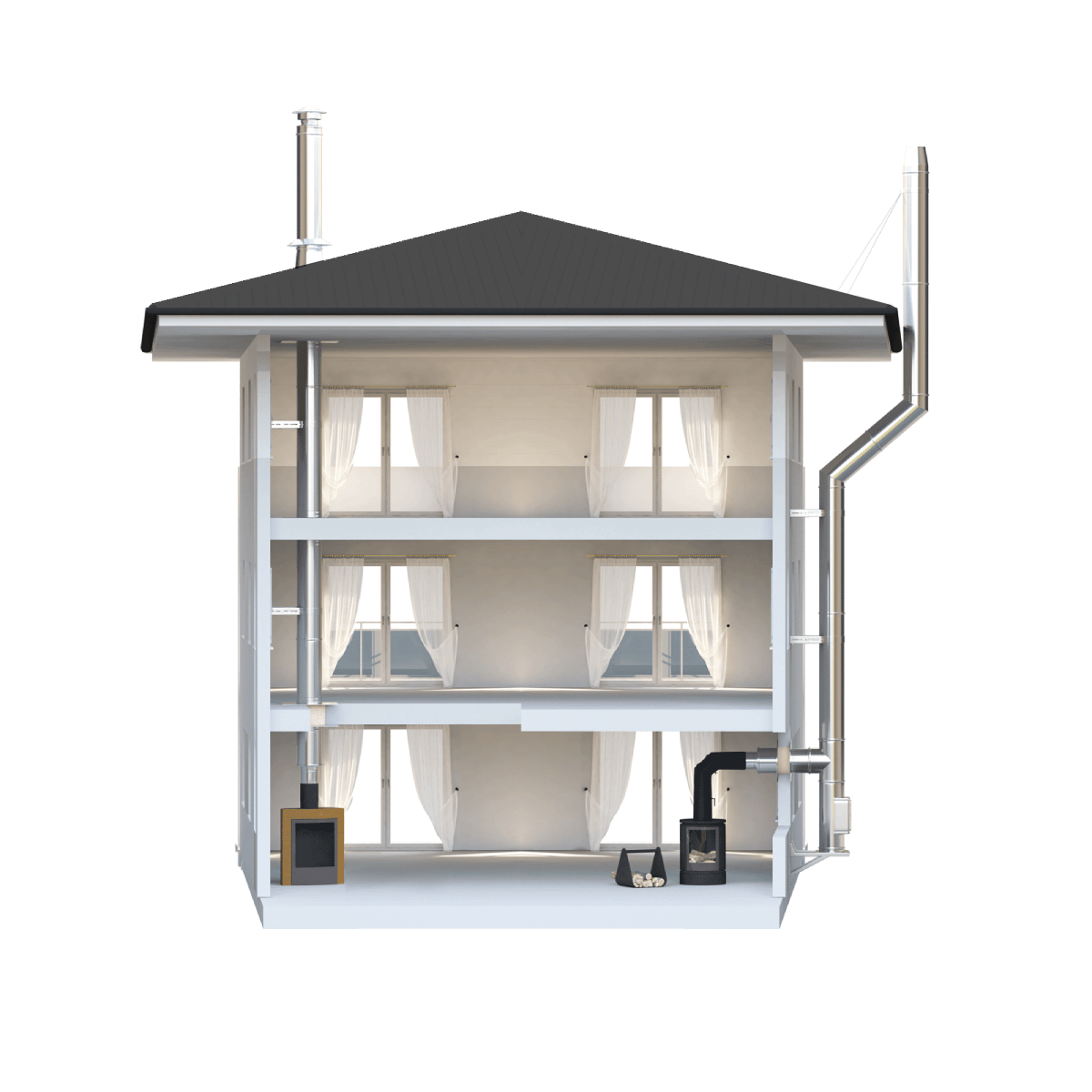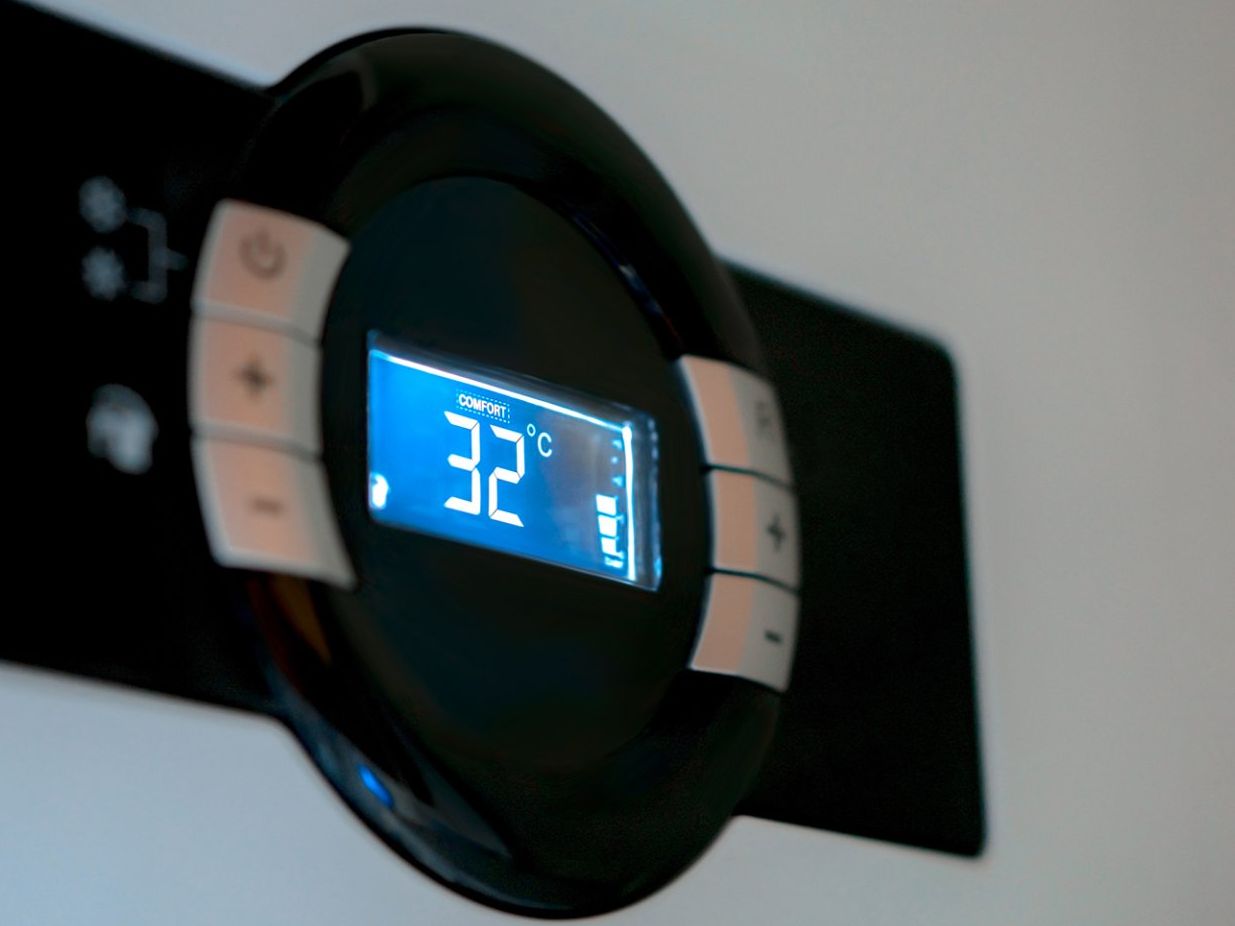Things To Consider When Choosing A Water Heater
What To Look For When Buying A Water Heater.
Over the years water heaters have evolved a lot in terms of technology, energy efficiency, cost, new heating methods, and more. Taking all of these aspects into account can be overwhelming when it comes to choosing a water heater as there are a number of important issues to consider to ensure you choose the correct water heater for your specific requirement.
Here are our tips on things to consider when choosing a water heater.
Know the Different Options Available
When it comes to choosing a water heater, it is important to know the different available options. Some of the available options are below.
Storage Water Tank
This system stores water in its tank, heated to a previously determined temperature until it can be used later. This means that the size of the tank decides how much water it can hold. When required, the stored hot water is forced through a pipe at the top of the tank and delivered to the location where it is required. Tanks powered by natural gas are 3-4 times cheaper to run than those that use electricity. Heating water in a storage tank to use “just in case” demands increase i.e. Launderettes, Hotels, Caravan Parks means that costs are higher than tankless / instantaneous water heaters.
Tankless Water Heater
Tankless water heaters are also known as instantaneous water heaters, they supply hot water on demand only as and when needed, again at a pre-determined temperature. As they don’t require a tank to store hot water, they don't produce the standby energy losses associated with storage water heaters, which will reduce costs significantly for Commercial installations such as Launderettes, Hotels, Caravan Parks
Ideal for installations where instant hot water is required, the tankless / instantaneous water heating appliance itself can be more expensive to purchase than a standard water storage tank system, but they more than compensate for the upfront costs by maximising the efficiency of the system and reducing running costs.
There are also 2 types of tankless / instantaneous water heaters :-
· NON- CONDENSING
· CONDENSING
Condensing tankless / instantaneous water heaters are more efficient than non-condensing appliances but both options are more efficient than an electric option.
As a byproduct of the gas, water heaters produce steam which cools and condenses on a surface. This condensation is acidic and will corrode many materials.
A non-condensing appliance will vent the steam directly, whereas a condensing appliance will recycle the extra heat generated from exhaust gases to increase efficiencies. Whist condensing water heaters are more expensive upfront, these costs balance out with long-term savings on energy used.
Heat Pump Water Heater
A heat pump can be used as a stand-alone water heating system, or as combination water heating and warm air system. This is an energy saver choice as it uses the heat of the air and the ground to heat the water, instead of electricity.
Heat pumps effectively work like a refrigerator in reverse, moving the heat from one place to another instead of generating heat directly.
Heat pump water heating systems are more expensive to buy than conventional storage water heaters but, as with tankless / instantaneous water heaters, they have lower operating costs.
Heat pump water heaters will not operate efficiently in a cold area as they will cool the area they are in, so their efficiency is dependent on them being Installed in an area with excess heat, such as a boiler room.
Solar powered
These systems harness the energy from the sun to heat water for storage in a cylinder, and whilst they can be designed to supply some heating as well, most solar hot water systems are just designed to supply your hot water needs i.e. taps, showers, bathing. Whilst solar powered systems are ideal for energy conservation, they are dependent on the weather, so asthe available solar energy varies through the year in the UK, they may also require the installation of a conventional water heater to top up the shortfall.
The most popular choices tend to be storage and
tankless / instantaneous water heaters.
Sizing Your Water Heating System
If you underestimate how much hot water you need to meet demand, you risk running out of hot water and upsetting customers if you work in service industries such as hotels, Launderettes or Caravan Parks. An undersized system is also likely to be overworked to try and keep up with the hot water demand, so the water heater is also likely to need repair or replacement earlier.
Conversely, if you overestimate the capacity required to meet demand, your initial outlay will be higher as well as your ongoing energy costs.
So it is vital that the initial system sizing is correct by calculating peak hour demand for hot water which will ensure the correct water heater is specified to meet even the busiest time.
Do Not Base Your Decision Solely On Price
Yes, price is an important factor to consider, you need to fit your budget. However, you should not base your decision solely on price, if you do this then you may end up buying a water heater that does not fit all of your needs. As mentioned previously in the ‘Compare Available Systems” section factors other than price are just as important i.e. type, fuel type, life expectancy, energy efficiency, size, and more.
Follow Installation Instructions
Having sized your appliance correctly and made your purchase, it is vital that Gas appliances are installed by a Gas Safe Registered engineer so that the installation is in accordance with manufacturers recommendations, as well as in compliance of legislation. Failure to comply with these requirements is both illegal and potentially dangerous and will invalidate the warranty.
These are just some of the things that you should consider before installing a water heater. Did any of these take you by surprise? For water heater installation contact
Factory Heaters for more information.
Upgrade Your Hot Water System
If your hot water system currently stores hot water for any potential increases in demand, installing Continuous flow water heaters instead will reduce your energy costs dramatically, and they are also Hydrogen Blend Ready, so will support the UK’s zero Carbonisation strategy.
Share.
Comment.
Latest.
